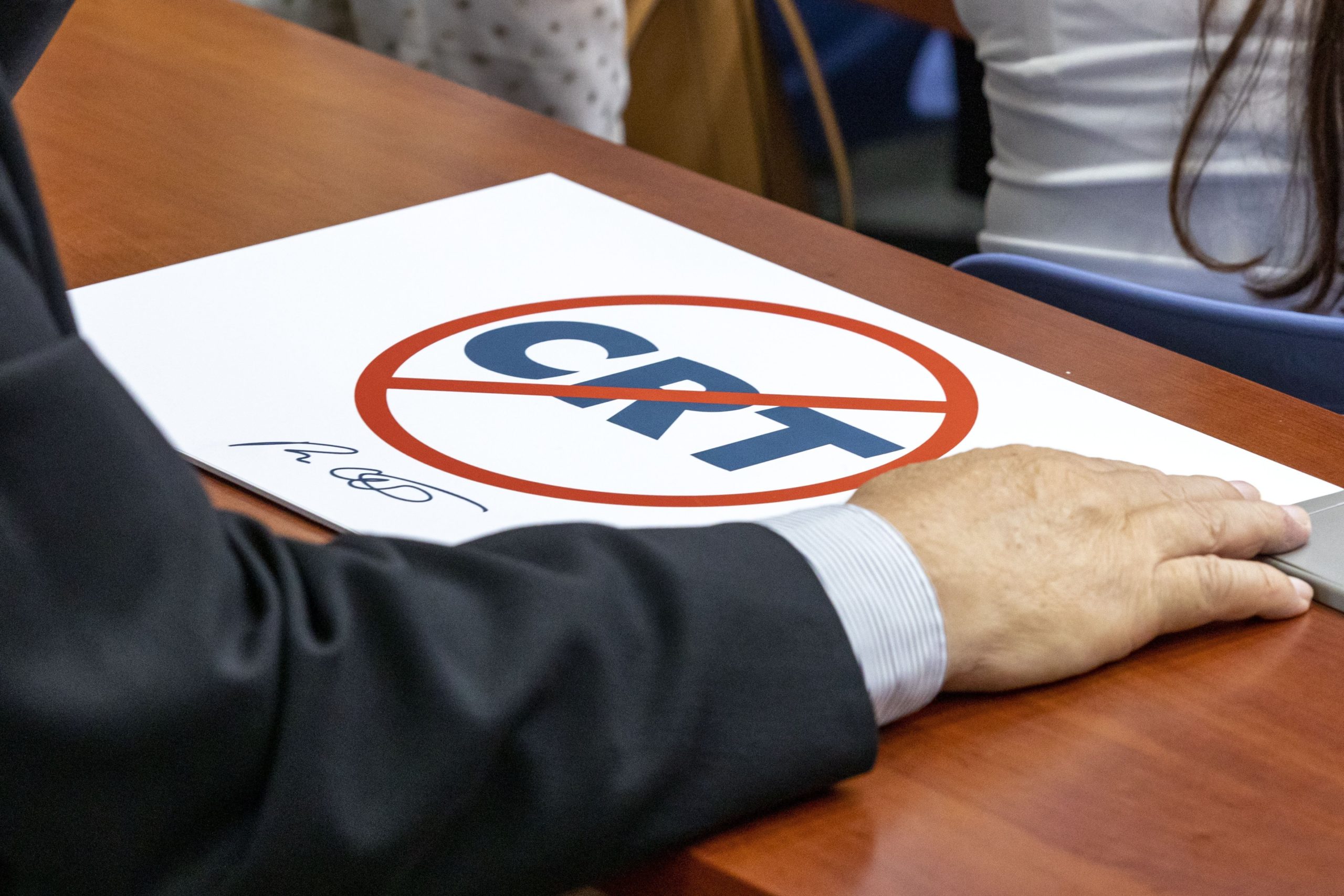
Senate Passes Bill Cutting High School Tests, Creating New Diploma Paths
Above: Sen. Leticia Van de Putte (D-San Antonio) pulled an amendment—requiring four years of math, science and English from all high school students—after a weeks of tough negotiations.
The Senate finally passed House Bill 5, the session’s big education bill, on Monday afternoon after weeks of waiting and a last-minute delay over the weekend. The bill limits the number of end-of-course exams required in high school and alters high school graduation plans to emphasize career skills.
The bill’s unanimous passage came only after hours of debate on amendments today, and back-room negotiations that stalled the legislation on Friday. Opponents of high-stakes testing rejoiced because, like the House version, the bill reduces the exams high school students must pass from 15 to five.
The bill also creates four endorsements, or focuses, that students can choose in 9th grade, and allows students to graduate with the more basic “foundation” diploma if they get a parent’s signature. Students who complete any of the diploma plans qualify for admission to a state university, which isn’t the case today.
Advocates of the bill, like Senate Education Committee chair Dan Patrick (R-Houston), said that change should quell concerns that the plan isn’t rigorous enough.
“The goal is for our students to graduate ready for college and career and hopefully both, but we know not every student’s going to college, not every student is going into a career so we designed a system, I think, where every student has that opportunity and … we’re going to let their passion lead them instead of a system lead them,” Patrick said.
Under an amendment tacked on by Sen. Kel Seliger (R-Amarillo), students on the foundation plan must complete four years of science and four years of math with Algebra II to qualify for automatic admissions to state universities under the Top Ten Percent Rule.
That means some students who graduate with the career endorsement may not qualify for automatic admissions, depending on which math classes they choose. Sen. Leticia Van de Putte (D-San Antonio), who led Friday’s negotiations, introduced an amendment that would have required Algebra II for all students.
“I tell ya, I find it quite insulting,” Van de Putte said of people who insinuate that some students just can’t succeed in Algebra II, which is considered a college-ready indicator.
Van de Putte said her amendment would reduce the possibility of reverting to an old system that tended to steer minority students into career and technology fields instead of college—a concern that prompted groups like the National Council of La Raza to agitate against the bill. Van de Putte said today’s system already funnels minority students into the lower degree plan.
“I want to make sure with this amendment that we’re not failing our kids because we’re so afraid with failing ourselves,” Van de Putte said.
However, Van de Putte ultimately withdrew her amendment so lawmakers could discuss her idea in conference committee.
In a statement after the bill passed, she explained her lingering concerns with a graduation path that isn’t built for college readiness. “I worry that some ninth-graders, especially from families without a history of higher education, won’t realize what they can achieve. I fear that choosing the minimum plan will lead to a minimum wage job,” she said.
Van de Putte also tried, unsuccessfully, to require multiple notifications to students reminding them that choosing the career endorsement may disqualify them from automatic college admissions. “If we’re going to let 15-year-olds decide what their endorsements are, we need to let them be fully informed,” Van de Putte said.
Several legislators from both parties said one notice would be enough, and Patrick raised his voice saying that he didn’t want blue collar work to be stigmatized.
Among Van de Putte’s successful amendments was an option for school districts to offer a seal of bi-literacy on qualifying students’ diplomas, and another protecting dropout recovery schools from being penalized for low test scores.
The bill now moves to conference committee where lawmakers members will negotiate differences between the House and Senate versions.


